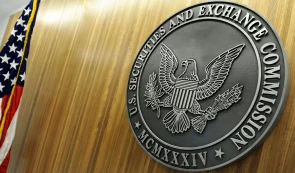Is the US Dollar’s Dominance in Danger? Billionaire Venture Capitalist Weighs In

Chamath Palihapitiya, a billionaire venture capitalist, recently shared his thoughts on the trend of large economies shifting away from the US dollar for trade settlements.
Specifically, he discussed the agreement between China and Brazil to trade in their respective currencies without going through the dollar.
Palihapitiya downplayed the deal’s significance, stating that the yuan, China’s currency, is still linked to the dollar, meaning that any trades in yuan are ultimately indexed to the dollar.
Palihapitiya pointed out that China has made similar arrangements with Pakistan and Russia in the past and that these deals have not threatened the dollar’s dominance in global trade and finance.
He dismissed the idea that these deals could lead to the de-dollarization of the global economy, calling it a “huge nothingburger.” According to Palihapitiya, those who promote de-dollarization fail to understand the complexities of global finance and trade.
The BRICS countries (Brazil, Russia, India, China, and South Africa) have been rumored to be working on a new currency that could challenge the dollar’s dominance in international trade.
READ MORE: Bitcoin: Bullish Metrics and New Pricing Model Suggest Positive Future
However, Palihapitiya is skeptical that this would actually happen and believes that the dollar’s position as the primary reserve currency is unlikely to be challenged anytime soon. He argued that the underlying dynamics of global finance and trade make it difficult to replace the dollar, even for countries that may want to reduce their reliance on it.
In summary, Palihapitiya’s perspective is that the recent trend of large economies shifting away from the US dollar for trade settlements is not a significant threat to the dollar’s dominance in global trade and finance.
While some countries may seek to reduce their reliance on the dollar, Palihapitiya believes it is unlikely to be replaced as the primary reserve currency due to global finance and trade complexities.
















